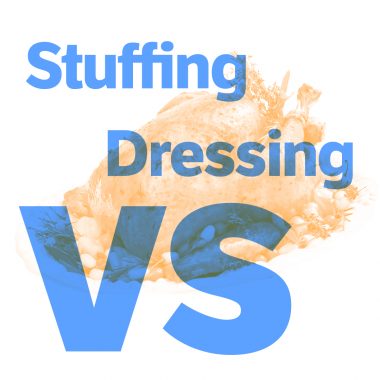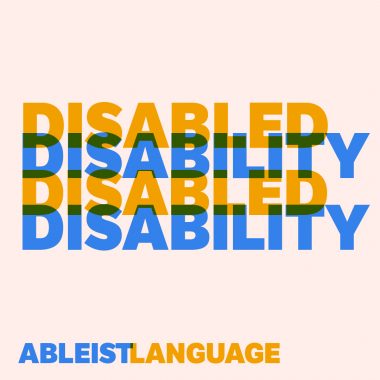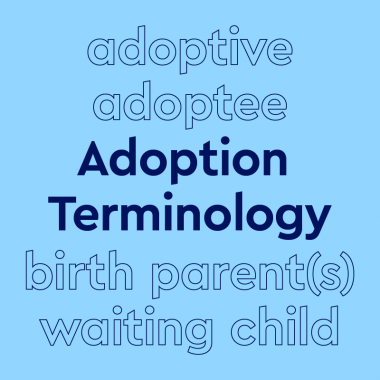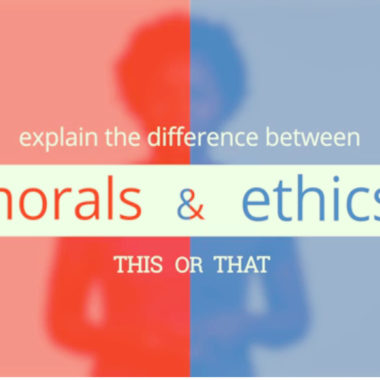What Is “AGI”? Learn This Term And More Before You File Your Taxes
As the saying goes, there are only two certainties in life: death and taxes. This saying dates all the way back to 1716, and the word tax is even older than that. Tax, meaning “a sum of money demanded by a government,” comes from the Latin taxare, meaning “censure, charge, tax with a fault,” and dates to around the 1200s. For centuries, taxes have been …











